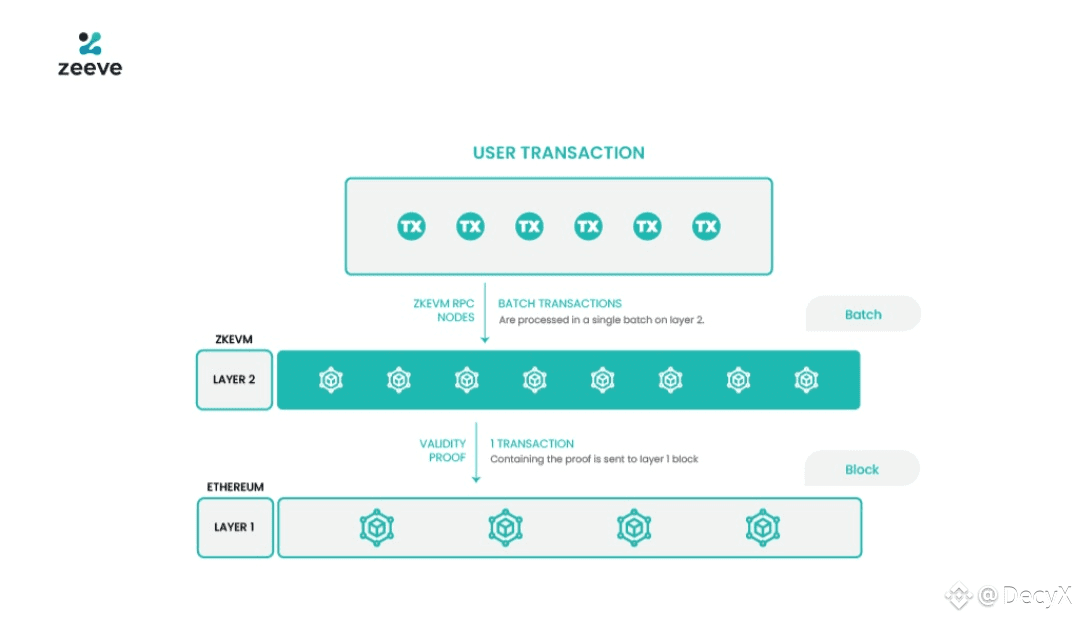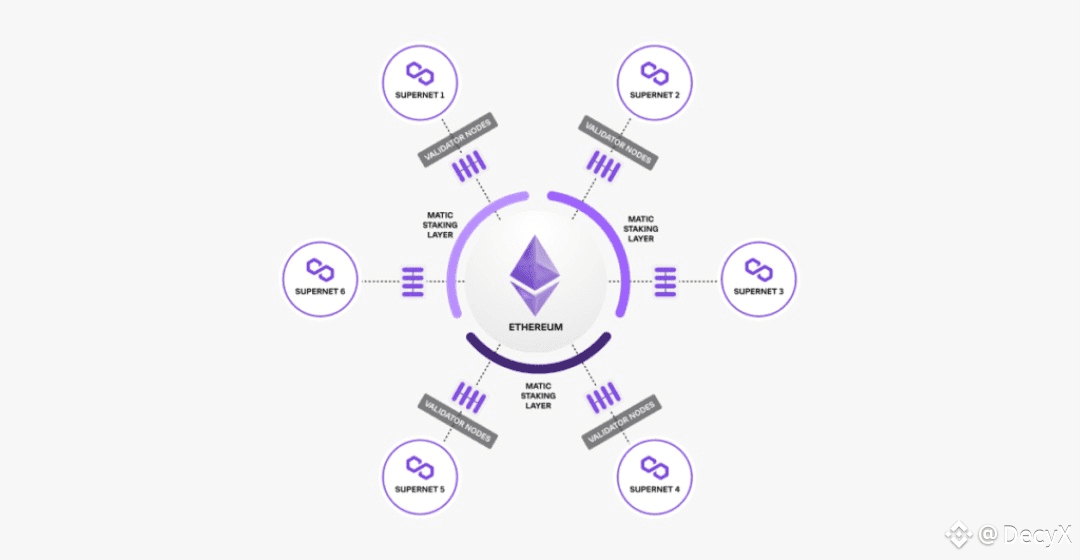Polygon continues to redefine blockchain scalability with a vision centered on efficiency, interoperability, and innovation. Designed as a Layer-2 scaling framework, Polygon has evolved into a multi-chain ecosystem that brings together the best of Ethereum’s security and decentralization with the performance advantages of advanced modular technology. The focus lies on creating an ecosystem where developers, enterprises, and institutions can deploy decentralized applications that are fast, secure, and cost-effective. By addressing network congestion and high gas fees, Polygon is paving the path toward mass Web3 adoption, making blockchain technology accessible for all.
The Evolution Of Polygon - From Scaling Layer To Full Ecosystem
Polygon’s journey has transformed it from a simple sidechain solution to a powerful suite of scaling tools that serve every layer of blockchain infrastructure. Its architecture now includes zkEVM, Supernets, and Miden, each enabling unique functionalities for different sectors of Web3. With zk-rollup technology ensuring faster and cheaper transactions, Polygon’s development continues to focus on providing an ideal environment for DeFi, gaming, and real-world asset tokenization. The ecosystem is growing rapidly, supported by integrations across thousands of dApps and global enterprise partnerships, driving consistent momentum across multiple industries.
Polygon’s zkEVM - The Core Of Scalability And Security
The zkEVM represents Polygon’s breakthrough in zero-knowledge proof technology, combining Ethereum compatibility with advanced privacy and speed. This innovation ensures developers can deploy smart contracts seamlessly without sacrificing performance or security. The zkEVM efficiently reduces gas costs while maintaining Ethereum’s robust security model, offering scalability that can handle enterprise-grade applications. This makes Polygon not just a scaling solution, but a high-performance execution layer that enhances every transaction on the Ethereum network.

Polygon’s Role In RWA And Institutional Finance
Polygon’s infrastructure plays a vital role in tokenizing real-world assets (RWA), bringing traditional finance closer to blockchain-based settlement systems. Institutions are leveraging Polygon’s network to issue, transfer, and manage tokenized securities and stablecoins, creating a more efficient financial landscape. Partnerships with major global companies reflect Polygon’s commitment to bridging decentralized and traditional systems, empowering a seamless exchange between digital and physical economies. The results are faster transactions, lower costs, and improved transparency in asset management and settlements.
Polygon’s Vision For A Cross-Chain Future
Polygon’s focus extends beyond scalability into interoperability, enabling multiple blockchains to communicate efficiently. Its innovative framework, Polygon 2.0, aims to unify liquidity across various chains through an interconnected architecture. This vision supports a modular, cross-chain ecosystem where value moves freely and securely, solving one of the most significant limitations in blockchain today. By simplifying interoperability, Polygon accelerates user adoption and builds a cohesive digital economy that thrives on connected systems.
Ecosystem Growth And Developer Empowerment
Polygon stands as one of the most developer-friendly ecosystems in Web3, offering powerful SDKs, open-source frameworks, and extensive documentation that simplify building on-chain. From small startups to global enterprises, projects continue to migrate to Polygon for its stability and cost efficiency. The introduction of Polygon ID and Avail further strengthens identity verification and data availability, expanding use cases for governments, businesses, and decentralized identity systems.
Sustainability And Future Outlook
Polygon remains deeply committed to sustainability, achieving carbon neutrality and investing in eco-friendly infrastructure. Its team continuously refines consensus mechanisms and scalability models to ensure minimal energy consumption while supporting global adoption. The next phase of Polygon’s evolution focuses on modular development, enterprise-grade scalability, and interoperability that integrates AI, DeFi, and real-world assets into one synchronized digital framework.
Polygon’s impact is no longer limited to Ethereum scalability—it’s shaping the foundation for an interconnected blockchain economy that merges speed, security, and sustainability. As the ecosystem continues to grow, Polygon stands as a catalyst for Web3 transformation, setting the standard for efficiency and innovation across decentralized networks.